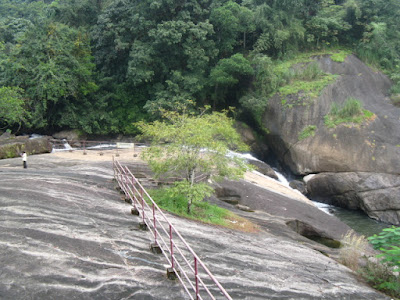Posts
Showing posts matching the search for jose maliekal
Moral Dilemmas in a metaphorical Black Hole
- Get link
- X
- Other Apps
Recent Posts
Recent Posts
-
-
- Shielding Gods from People
- The Politics of Padma Awards
- Algorithm and I
- Cow as Weapon
- Let Music Prevail
- A Woman’s Search for Meaning
- Loved in Posters, Controlled in Life
- Jesus and Mata Hari
- Whose Language?
- Dracula’s Women
- The Danger of Being Too Good
- Many shades of power
- Asvathama’s Laughter
- Poetic Probes into Life
- He lived without disturbing the world
-




